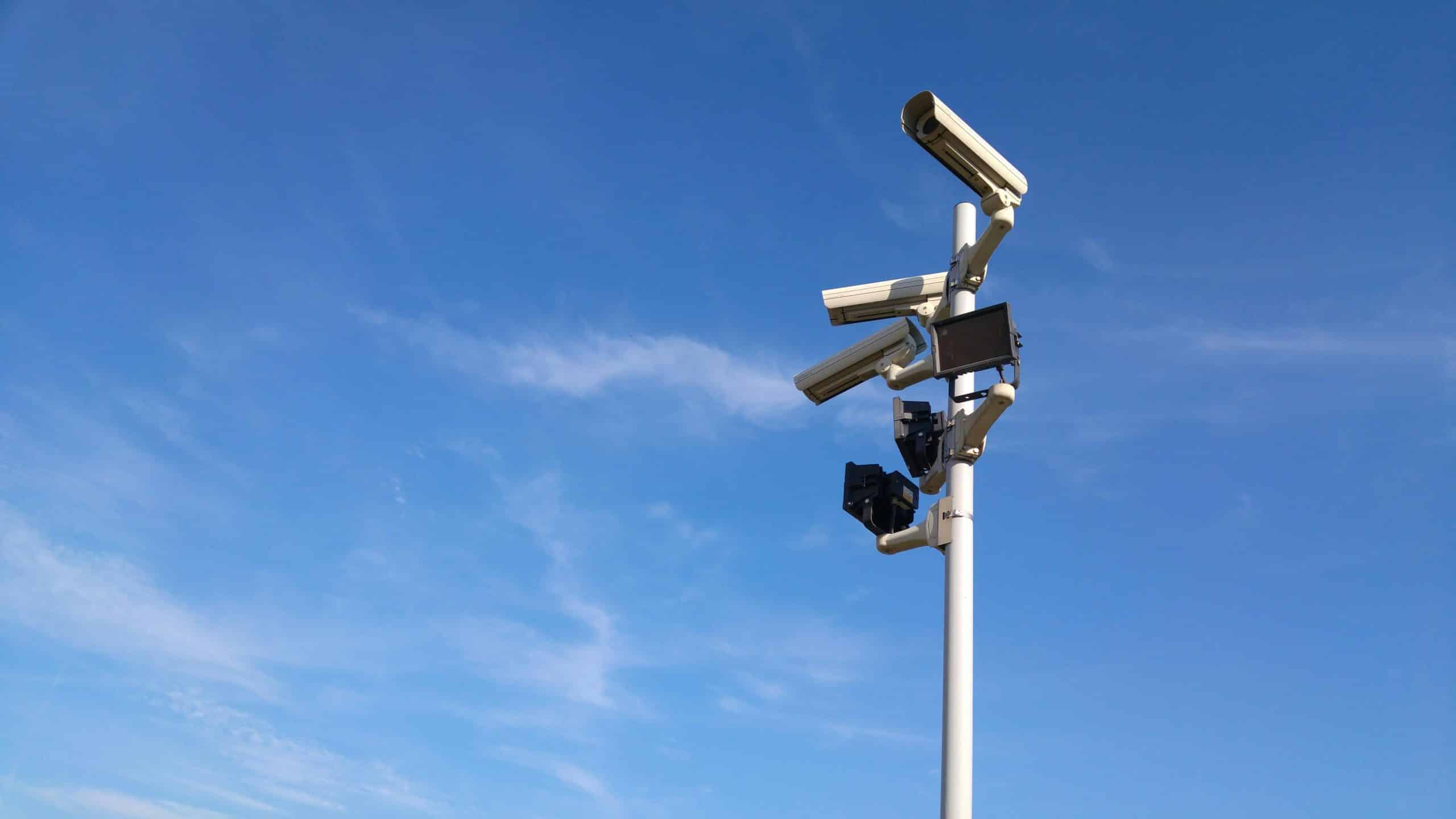In the era of technology, privacy in the workplace is a topic of growing concern. As employers turn to surveillance technology to monitor their employees, questions regarding the legality and ethics of such practices are surfacing. While some employers argue that monitoring improves efficiency, others question whether it infringes on employees’ rights to personal privacy. This article sheds light on the ethical implications of surveillance technologies in UK workplaces.
The Intersection of Technological Advancements and Privacy
With the rapid advancement of technology, the surveillance methods employers use to oversee their employees have become increasingly sophisticated. While these methods can help ensure the security of data and protect the company’s interests, they also have serious implications for employees’ privacy rights.
A lire également : How Can UK’s Microfinance Initiatives Empower Underserved Entrepreneurs?
Workplace monitoring can range from CCTV cameras to software that tracks keyboard strokes or monitors internet use. Some employers even use sophisticated algorithms to predict employees’ behaviour or performance. As technology continues to evolve, so does the potential for its misuse.
The balance between an employer’s need to safeguard their business and an employee’s right to privacy is a delicate one. It’s clear that the issue of surveillance in the workplace raises significant ethical dilemmas that must be addressed.
A lire également : What’s the Role of Community Gardens in Strengthening UK Neighborhoods?
Legal Framework for Employee Surveillance
In the UK, employers have the legal right to monitor their workers to ensure they are fulfilling their duties and to protect the business. However, they must also respect employees’ rights to personal privacy.
The legal framework for workplace surveillance is underpinned by several laws. The Data Protection Act (2018) outlines the obligations employers have when handling personal data, including data obtained through surveillance. The Human Rights Act (1998) also provides some protection for employees, stating that everyone has the right to respect for private and family life.
Despite these legal provisions, there are concerns that the laws have not kept pace with technological advancements. The ambiguity in the laws often leaves employees in a vulnerable position, unsure of their rights and how they are protected.
Ethical Concerns of Workplace Surveillance
The use of surveillance technologies in workplaces raises a multitude of ethical concerns. Primarily, there’s the question of whether it’s morally justifiable to monitor an employee’s every move and invade their personal privacy to such a degree. This can create an environment of mistrust, causing stress and anxiety among employees.
Monitoring employees’ online activity, emails, or private conversations can violate their autonomy and freedom. Surveillance technologies can be seen as a form of control that erodes the trust between employers and employees. Furthermore, the misuse of such data can lead to discrimination or favouritism, creating an unhealthy work environment.
In addition, there’s an ethical question of whether the collected data is used fairly. Even if consent is given, employees often have little say in how their information is used. This imbalance of power can lead to exploitation and misuse of personal data.
Balancing Security and Privacy in the Workplace
While employers have a responsibility to ensure the safety and security of their business, it’s equally crucial to respect employees’ privacy and autonomy. Striking the right balance can be challenging.
Employers should aim to create a transparent environment where the reasons for monitoring are clearly stated, and employees understand their rights and responsibilities. This openness can help alleviate fears and build trust between employers and employees.
It’s also prudent for employers to limit surveillance to what is necessary and proportionate. Rather than indiscriminate monitoring, employers could opt for targeted measures based on reasonable suspicions. This approach respects employees’ autonomy while still protecting the company’s interests.
Moreover, the data collected should be used responsibly, with clear guidelines outlining its use and storage. Employees should have the right to access their data and question its use.
The Role of Technology Companies and Policymakers
Finally, technology companies and policymakers have a crucial role to play in shaping the ethical use of surveillance technologies. Tech companies should design their products with privacy and ethical considerations in mind. This includes creating systems that allow for transparency and control over data.
Meanwhile, policymakers need to update laws to reflect the reality of modern workplaces. This involves defining clear boundaries for what is acceptable surveillance and ensuring robust protections for employees’ privacy rights.
In conclusion, as the use of surveillance technologies in UK workplaces continues to rise, ethical considerations must be at the heart of the discourse. Protecting employees’ rights to privacy and autonomy while ensuring the security of businesses is a complex task, but one that is vital for fostering a fair and inclusive work environment. Whether through legal reform, ethical tech design or transparent workplace practices, it’s clear that all stakeholders have a role to play in shaping the future of workplace surveillance.
Employee Monitoring and Data Protection: A Closer Look
As the use of surveillance technology in the workplace increases, employers are faced with mounting concerns about data protection and privacy. Employee monitoring can take various forms, from video surveillance to monitoring software that tracks keystrokes and Internet use. While these measures can help to prevent criminal activity and ensure employees are focusing on their work, they also potentially infringe upon individual privacy rights.
According to the Data Protection Act (2018), employers have a legal obligation to handle personal data responsibly. They must inform employees about the types of data being collected, the purpose for collecting it, and who will have access to this information. Employers are also obligated to protect this data from misuse or unauthorized access, and employees have the right to access the data collected about them.
However, the rapid development of digital technologies has left a grey area in the law, leading to privacy concerns. For instance, laws do not clearly address the use of algorithms to predict employee behaviour or the monitoring of social media. Therefore, it is crucial to regularly review and update laws to ensure they keep pace with technological advancements.
The Balance of Human Dignity and Security Measures in the Workplace
Respecting human dignity while implementing necessary security measures is a significant challenge for employers. With the rise of advanced surveillance technology, employers can potentially monitor employees’ every move, creating a tense work environment that can negatively impact employee morale and productivity.
At the heart of the issue is the question of trust. Too much surveillance can erode trust, creating a culture of fear and suspicion. On the other hand, some degree of monitoring can be beneficial in preventing criminal activities, enhancing productivity, and ensuring adherence to company policies.
A balanced approach is needed. Employers must respect employees’ rights to privacy while ensuring the security of the business. This could mean adopting targeted surveillance measures based on reasonable suspicion, rather than implementing blanket surveillance.
Furthermore, transparency is key to maintaining trust. Employers should clearly communicate their surveillance policies, including the type of data collected, the reasons for the monitoring surveillance, and how the data will be used and protected. Employees should also be involved in the decision-making process where possible, promoting a culture of shared responsibility for security and data protection.
Conclusion: The Future of Surveillance Technologies in the Workplace
The ethical implications of surveillance technologies in UK workplaces are complex and multifaceted. The intersection of rapidly advancing technology, data protection laws, and respect for human dignity makes for a challenging landscape to navigate.
Employee surveillance is not inherently negative. When used responsibly, it can serve as a tool for enhancing productivity, ensuring adherence to company policies, and protecting business interests. However, misuse or overuse of surveillance technology can violate employees’ rights to privacy, erode trust, and create a hostile work environment.
The future of surveillance technologies in the workplace lies in striking a balance between security and privacy. Employers, technology companies, and policymakers need to work together to shape this future. Employers should be transparent about their surveillance practices and use the collected data responsibly. Technology companies should design products that prioritize privacy and data protection. Policymakers, on the other hand, should ensure that laws are updated to reflect the realities of modern workplaces.
Ultimately, safeguarding both the well-being of employees and the interests of businesses hinges on a collective commitment to ethical practices. With careful decision-making, transparency, and respect for individual rights, it’s possible to create a fair and inclusive workplace environment where both businesses and their employees can thrive.






